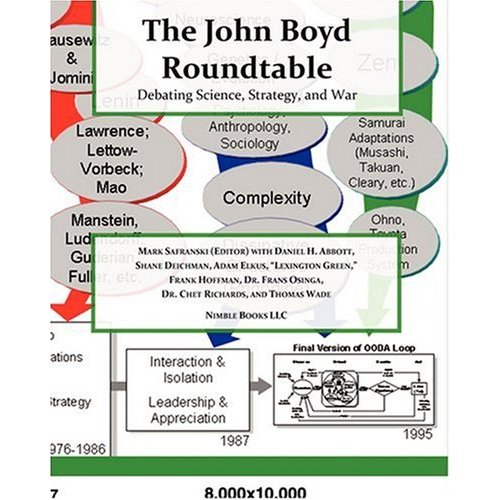There are a few essays filed today at Strategypage.com that concern how China is developing into a credible future threat.
One of the most exciting developments in weapon systems over the past several years has been the emergence of sophisticated Unmanned Aerial Vehicles, robot planes that are controlled from the ground which are unfettered by the frailties that come with having a human pilot on board. This article details how the Chinese are looking to field their own version of the Global Hawk, one of the more capable UAVs in the US arsenal.
The reason why this is interesting to observers in the West is due to the fact that this new aircraft is intended to be used for maritime patrol, even though China is hardly a great naval power. The only credible justification of the expense for development and deployment of the new weapon is as yet another tool to be used in the military conquest of Taiwan, a goal the communist government of China has never been shy about expressing.
The Chinese have no real chance of landing troops on Taiwan unless they first neutralize any US aircraft carriers in the region. This article details how Chinese submarines are stalking American carriers, something that strongly reminds me of the bad old days of Soviet/American cat and mouse naval games during the Cold War.
If you should be moved to click on that last link, please note how some Chinese subs are being deployed even though they are unsuited to this kind of work because of excessive noise. This shows that the Chinese military understands that real world training is paramount if one is to have an effective military. It also indicates that they are well aware that the Americans are very unlikely to attack the Chinese vessels, and so they can gain that training at very little risk to their scarce and expensive submarine fleet.

 few were initially skeptical and we had one certified critic ( though I had tried to recruit several more). Overall, it was the kind of exchange that makes the blogosphere special as a medium when it is at it’s intellectual best.
few were initially skeptical and we had one certified critic ( though I had tried to recruit several more). Overall, it was the kind of exchange that makes the blogosphere special as a medium when it is at it’s intellectual best.